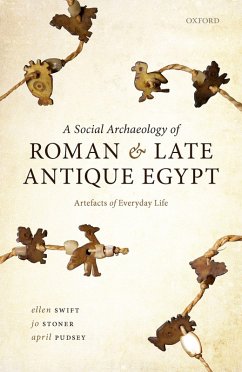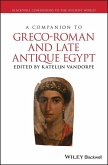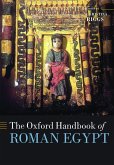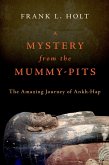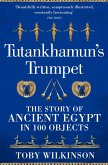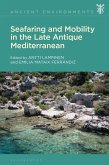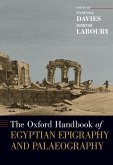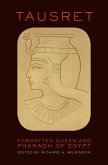Artefact evidence has the unique power to illuminate many aspects of life that are rarely explored in written sources, yet this potential has been underexploited in research on Roman and Late Antique Egypt. This book presents the first in-depth study that uses everyday artefacts as its principal source of evidence to transform our understanding of the society and culture of Egypt during these periods. It represents a fundamental reference work for scholars, with much new and essential information on a wide range of artefacts, many of which are found not only in Egypt but also in the wider Roman and late antique world. By taking a social archaeology approach, it sets out a new interpretation of daily life and aspects of social relations in Roman and Late Antique Egypt, contributing substantial insights into everyday practices and their social meanings in the past. Artefacts from University College London's Petrie Museum of Egyptian Archaeology are the principal source of evidence; most of these objects have not been the subject of any previous research. The book integrates the close study of artefact features with other sources of evidence, including papyri and visual material. Part one explores the social functions of dress objects, while part two explores the domestic realm and everyday experience. An important theme is the life course, and how both dress-related artefacts and ordinary functional objects construct age and gender-related status and facilitate appropriate social relations and activities. There is also a particular focus on wider social experience in the domestic context, as well as broader consideration of economic and social changes across the period.
Dieser Download kann aus rechtlichen Gründen nur mit Rechnungsadresse in A, B, BG, CY, CZ, D, DK, EW, E, FIN, F, GR, HR, H, IRL, I, LT, L, LR, M, NL, PL, P, R, S, SLO, SK ausgeliefert werden.

